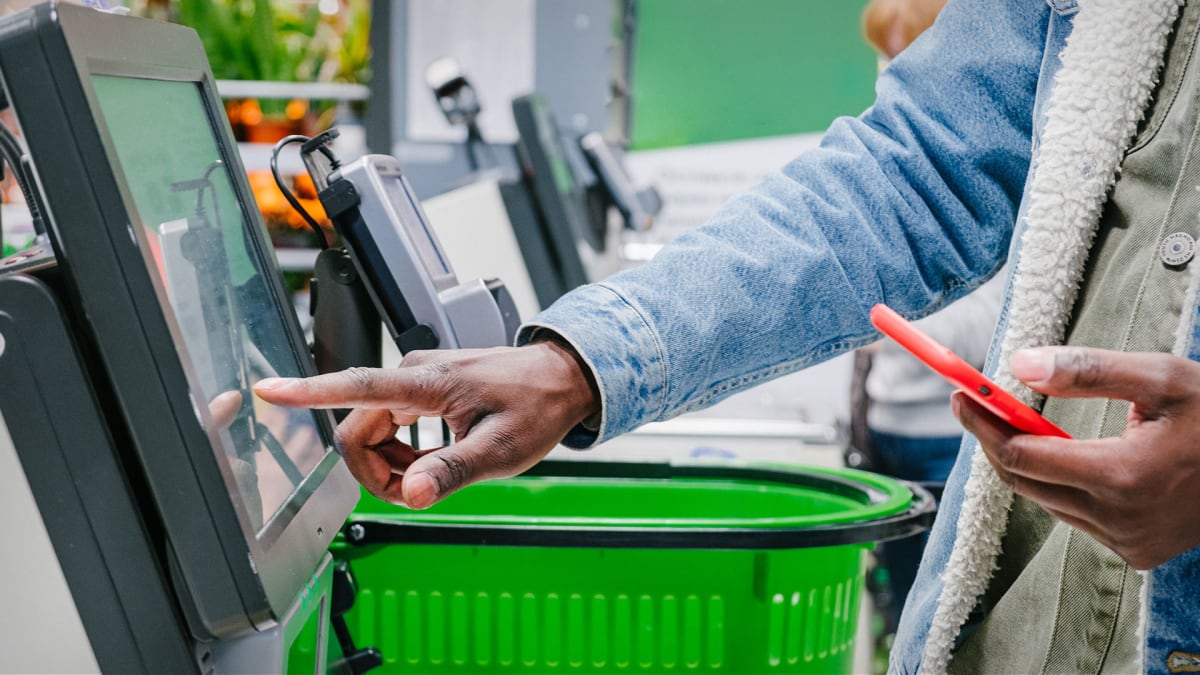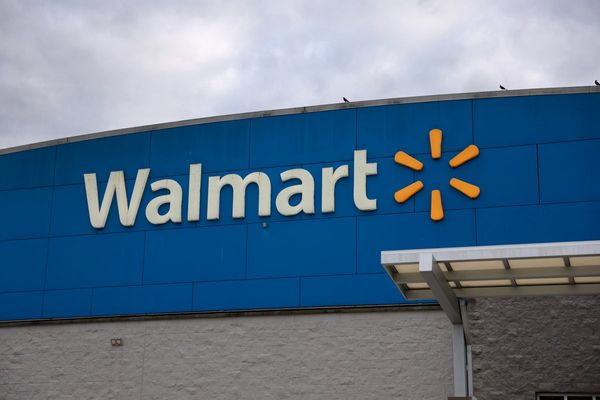
Shoppers at grocery stores such as Kroger (KR) often use loyalty cards for discounts offered by the supermarkets.
But those cards aren't used by the companies simply to provide a discount incentive for the customer.
DON'T MISS: Cathie Wood Backs Out of One Investment She Previously Praised
The use of those cards collects personal data about the customer for the store, and the store makes money monetizing that information.
"Kroger, for example, has carefully grown two 'alternative profit business' units that monetize customer information, expected by Kroger to yield more than $1 billion in 'profits opportunity,'" according to The Markup.
The grocers analyze all the data they collect and are able to sell it to other companies to get information on what to advertise to the customers.
"I think the average consumer thinks of a loyalty program as a way to save a few dollars on groceries each week," John Davisson, director of litigation at Electronic Privacy Information Center (EPIC), told The Markup. "They’re not thinking about how their data is going to be funneled into this huge ecosystem with analytics and targeted advertising and tracking. And I also think that’s by design."
Following is list of some of the information Kroger collects on its customers, according to the report. (Note: Any quotation marks in the text below were added by The Markup and reflect direct quotes it took from the company.)
Personal information: Information you provide when you sign up for the loyalty program: name, email address, mailing address, phone number, membership ID, and unique household identifier
Purchase history: Historical in-store and online shopping purchases (with no time limits on how long the information is kept while you are a member)
Location: Your precise physical location in the store (with your consent), including when you enter and leave a store (Kroger app, GPS, and Bluetooth beacons inside stores)
Financial and payment information: "credit, debit, or other payment card numbers, bank account numbers"
Health-related information: "Where permitted by applicable law, to serve you better we may make certain inferences about you based upon your shopping history that are health related"
Mobile device data: Mobile advertising ID, IP address, browsing data, use of tracking pixels, and cookies
Demographic data: "age, marital or family status (including whether your family includes children), languages spoken, education information, gender, ethnicity and race, employment information, or other demographic information"
Biometric data: Facial recognition (in select locations, with signs providing notice)
Behavioral inferences: "We create inferred and derived data elements by analyzing your shopping history in combination with other information we have collected about you to personalize product offerings, your shopping experience, marketing messages and promotional offers"
Get exclusive access to portfolio managers and their proven investing strategies with Real Money Pro. Get started now.







